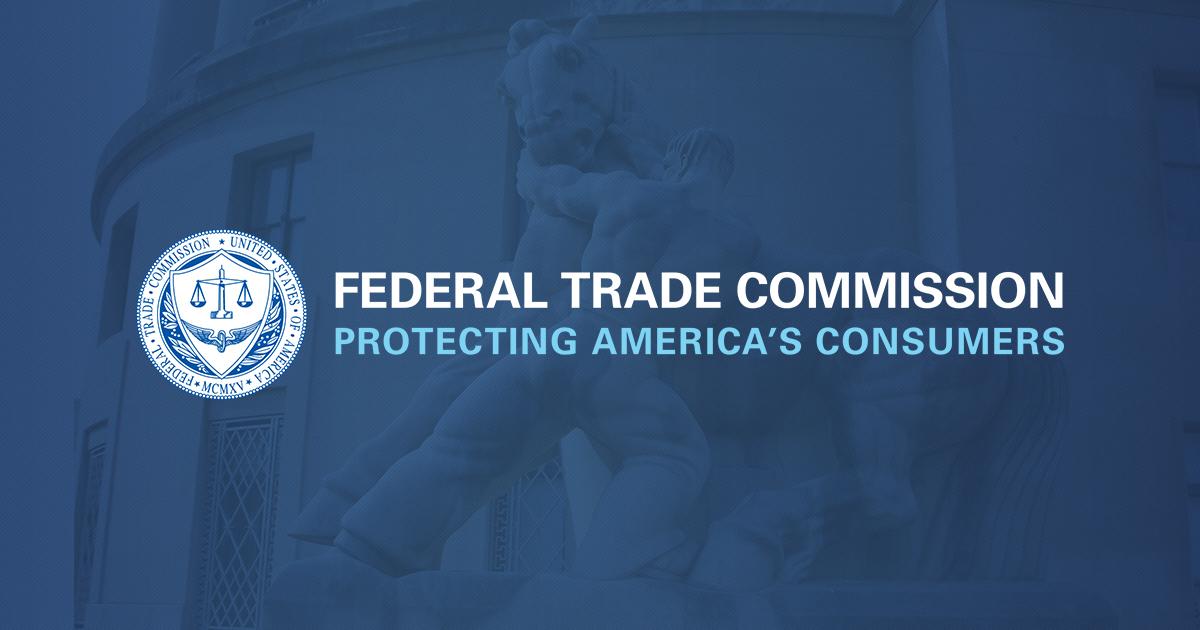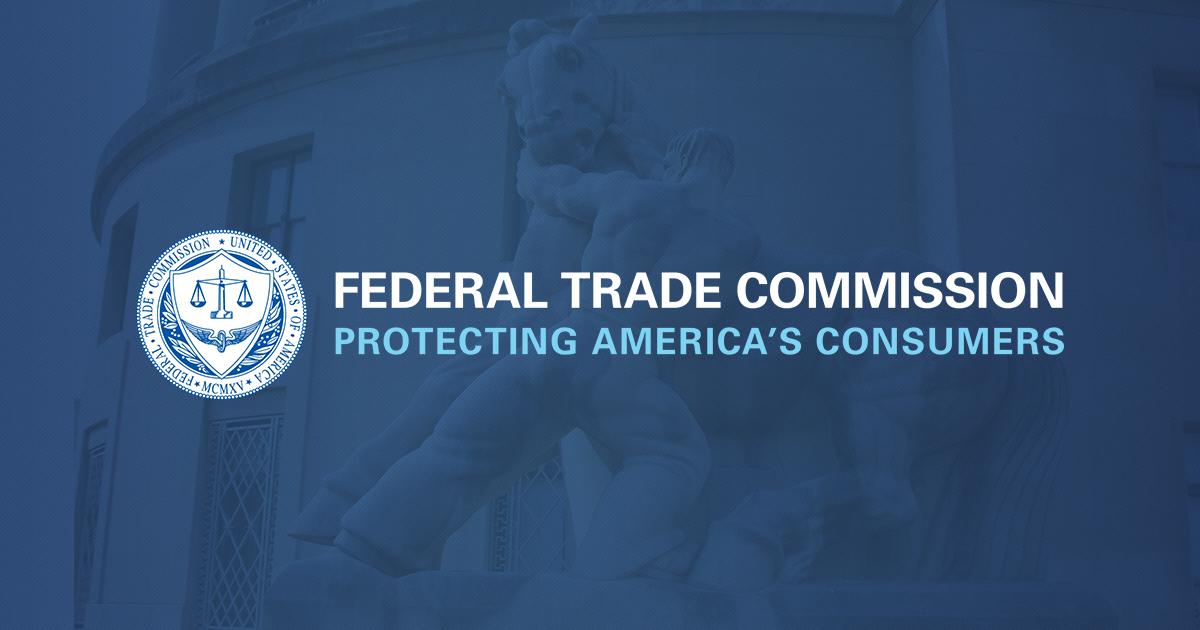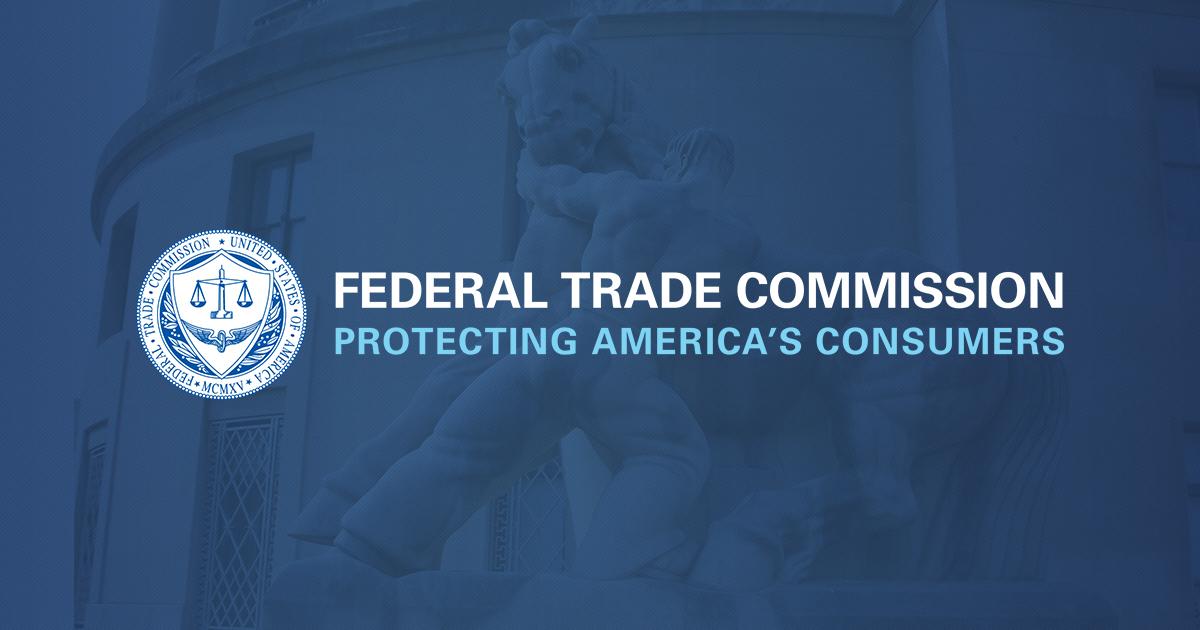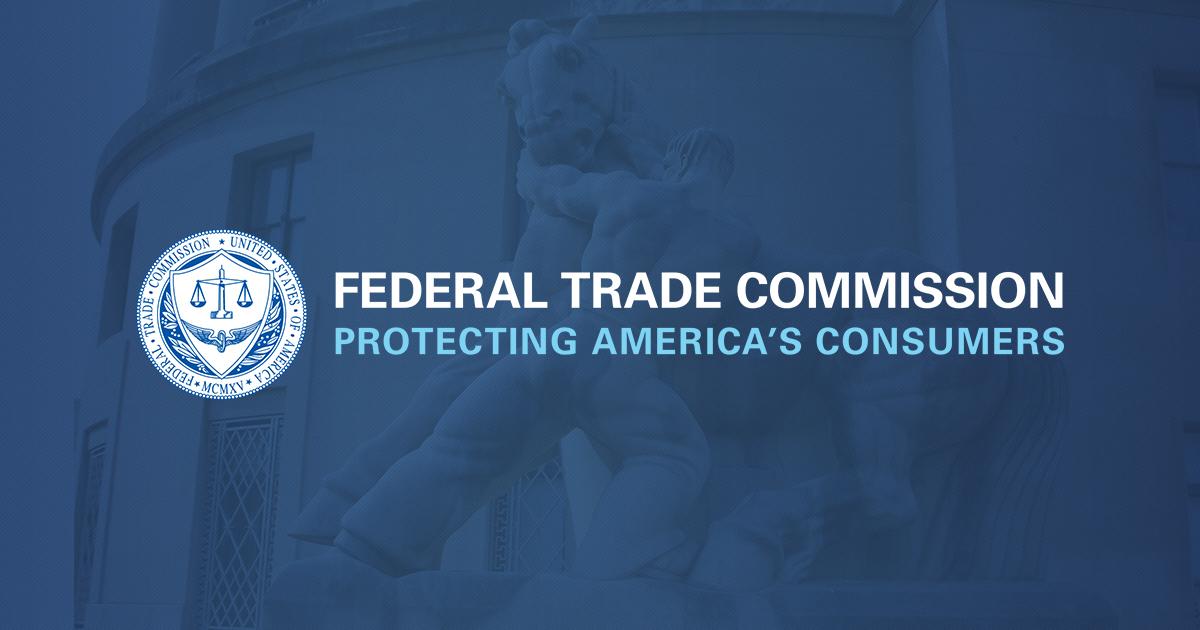Federal Trade Commission Acting Chairman Maureen K. Ohlhausen released a summary of the agency’s major accomplishments since President Trump named her to the position in January. “I have pursued my long-held principles by promoting economic liberty, protecting consumers (including the military community and small business) and competition, reforming regulation, and increasing agency transparency,” the Acting Chairman said. “In my first 6 months as Acting Chairman, we have accomplished much of this ambitious agenda,” Ohlhausen stated.
ECONOMIC LIBERTY – Acting Chairman Ohlhausen’s first initiative established an FTC Economic Liberty Task Force to collaborate with state leaders and other stakeholders on occupational licensing reform. The Task Force submitted comments on a state bill to reduce licensing requirements; launched a new website – ftc.gov/econliberty; and conducted dozens of interviews with a variety of stakeholders. The Task Force will hold a public roundtable on July 27, 2017, focusing on license portability, including for the military community, among other issues. “Economic liberty is fundamental to our American way of life and I have spent much of my career advancing it. Unfortunately, too many citizens now need a government permission slip to work,” said Ohlhausen.
REGULATORY REFORM and AGENCY STREAMLINING – Excessive regulation and bureaucracy create significant burdens on the public, while diverting resources from the agency’s core mission to protect consumers and promote competition. Acting Chairman Ohlhausen directed staff to find ways to reduce agency requests, add transparency, and lighten regulatory burdens.
Last week, the agency announced several measures by the Bureau of Consumer Protection to streamline information requests to businesses, while preserving the agency’s ability to conduct thorough investigations. In June, the agency announced proposals to minimize or eliminate certain regulations that may no longer be in the public interest, including the 1966 Picture Tube rule and the 1959 Textile Rule. Further streamlining will occur as the FTC continues its regular, systematic reviews of all rules and guides, assessing their costs and benefits to consumers and businesses.
SMALL BUSINESS – At the Acting Chairman’s direction, the agency launched a new small business website – ftc.gov/SmallBusiness – with information to help small business owners avoid scams and protect their systems and customer data from threats. The site, which includes a new Small Business Computer Security Basics guide, also has information on other cyber threats such as ransomware and phishing schemes.
The FTC kicked off a new “Engage, Connect, and Protect” Initiative, launching a nationwide dialogue on cybersecurity with small businesses. The first event is today in Portland, Oregon, in conjunction with the National Cybersecurity Alliance’s conference on “Understanding your Cybersecurity: 5 Steps to Protect Your Business.” Several other events are forthcoming.
STICK WITH SECURITY – At Acting Chairman Ohlhausen’s direction, the Federal Trade Commission is publishing lessons from closed investigations, as well as FTC enforcement actions, to help businesses protect and secure consumer data. These new posts will build on the FTC’s Start with Security guide.
PRIVACY – In June, Acting Chairman Ohlhausen oversaw the Connected Cars workshop, with NHTSA, which focused on balancing the privacy and safety impacts of this technology with consumer benefits. The agency also recently announced the 2018 PrivacyCon, with a new focus on the economics of privacy, including how to quantify the harms that result from information exposures. Other topics will include the privacy and security implications of emerging technologies, such as the Internet of Things, artificial intelligence, and virtual reality.
CONSUMER PROTECTION ENFORCEMENT – Under Acting Chairman Ohlhausen’s leadership, the agency has continued to pursue its long-standing consumer protection mission. During her tenure, the FTC filed or settled 44 consumer protection matters in district court, reached 14 administrative consent agreements related to consumer protection, and distributed $86,519,000 in redress to over a million consumers.
Acting Chairman Ohlhausen has also expanded the agency’s focus on military consumers. This includes a new military.consumer.gov website and a series of Military Financial Consumer conferences.
COMPETITION ENFORCEMENT – Chairman Ohlhausen has aggressively challenged conduct that abuses government process for anticompetitive purposes. The agency brought a case against ViroPharma Inc. alleging it engaged in sham petitioning to delay the market entry of generic competitors. The agency filed an administrative complaint against the Louisiana Board of Real Estate Appraisers alleging that it improperly sought to impose a price floor on real estate appraisal services.
As for merger enforcement, the parties in the Draft Kings/FanDuel matter abandoned their planned merger after the Commission sought a preliminary injunction in federal district court. The FTC has also successfully negotiated merger settlements requiring divestitures in a variety of industries, including pharmaceuticals, agricultural chemicals, animal vaccines, and others.
“The last six months have been productive and successful. I’ve advanced the agency’s mission to protect consumers and promote competition, refocused agency resources to better serve the public, and pruned unnecessary and outdated regulations,” Ohlhausen said. “I look forward to continuing to pursue my positive agenda on behalf of American consumers.”
The Federal Trade Commission works to promote competition, and protect and educate consumers. You can learn more about consumer topics and file a consumer complaint online or by calling 1-877-FTC-HELP (382-4357). Like the FTC on Facebook, follow us on Twitter, read our blogs and subscribe to press releases for the latest FTC news and resources.





 The Engage, Connect, and Protect Initiative: Small Business and Data Security Roundtables are part of an ongoing initiative by Acting FTC Chairman Maureen K. Ohlhausen aimed at helping small businesses, which included the launch of a new website in May focused on
The Engage, Connect, and Protect Initiative: Small Business and Data Security Roundtables are part of an ongoing initiative by Acting FTC Chairman Maureen K. Ohlhausen aimed at helping small businesses, which included the launch of a new website in May focused on